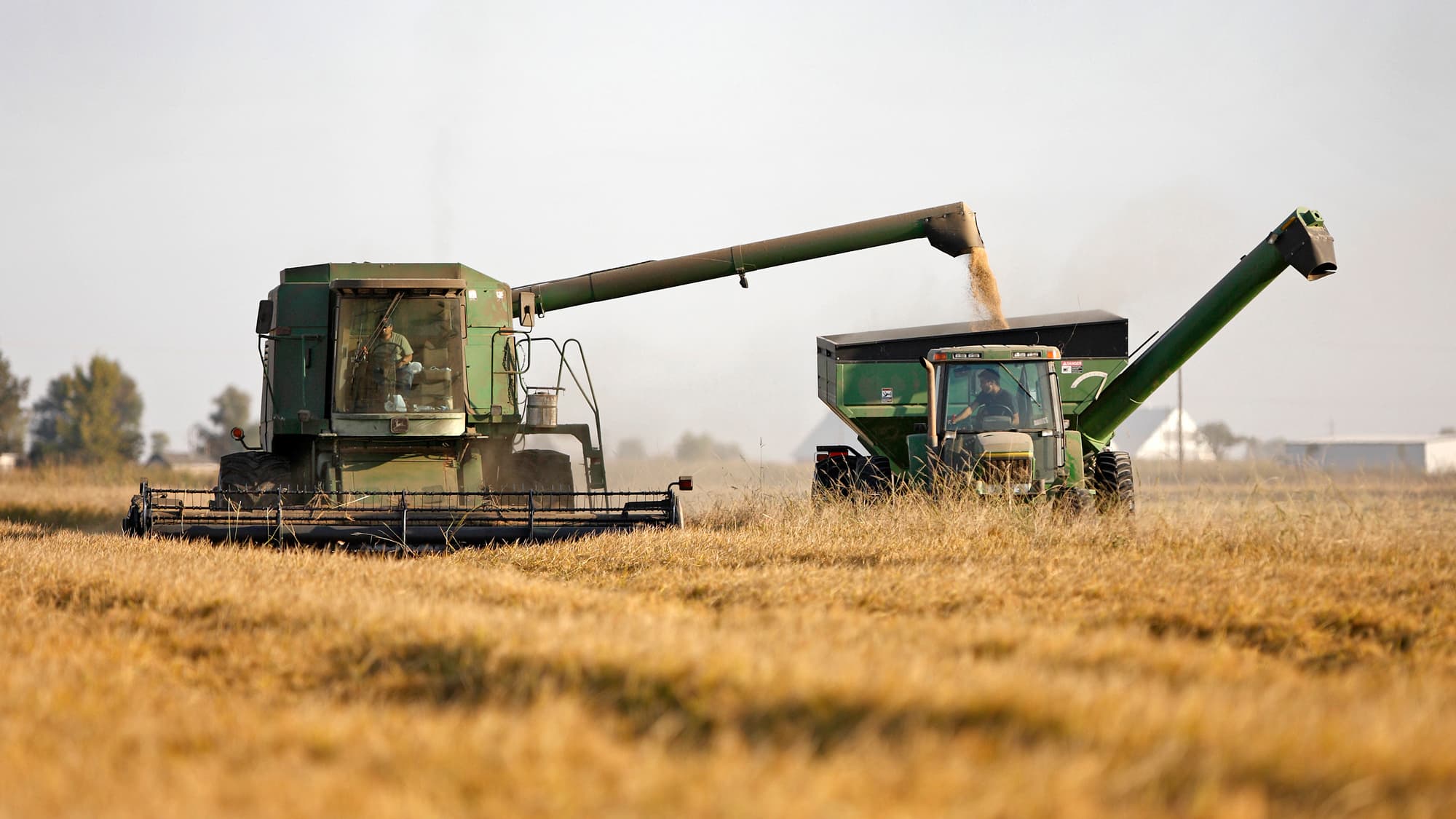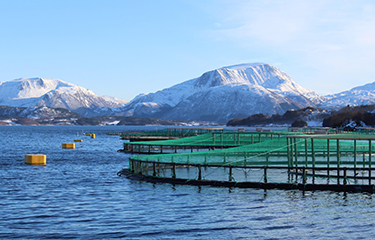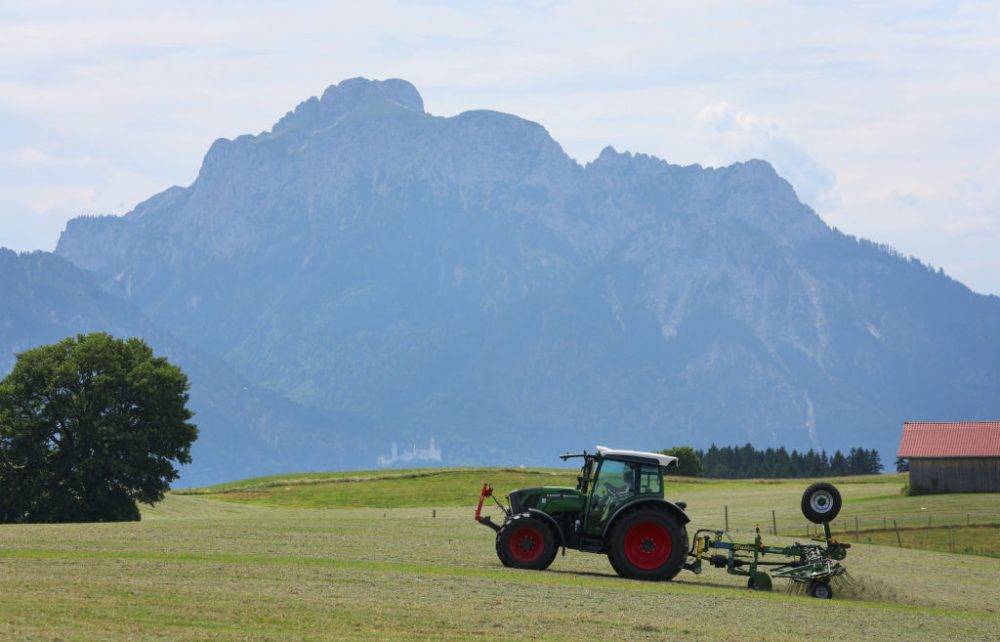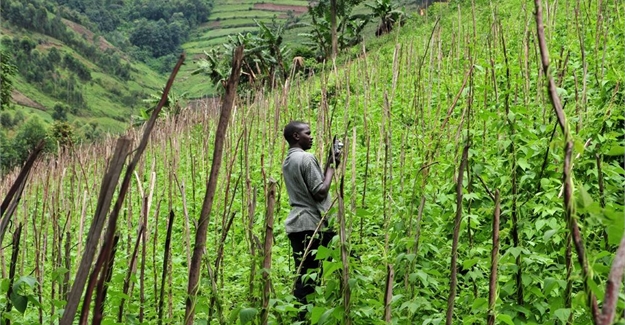Nigeria - Floods: Need for farmers to embrace insurance
02.11.2018 371 views
Statistically, it is estimated that Nigeria’s agricultural sector losses about N20 billion annually due to failure of insurance companies to create products to cover small farmers. However, the resurgent flood destroying many farmlands has added to the renewed calls for insuring this sector.
At the 2018 national insurance brokers’ conference and exhibition in Lagos recently, stakeholders in Nigeria’s agric sector admitted that absence of insurance cover for smallholder farmers is part of the reason why livestock agriculture is not growing in Nigeria.
Particularly, they are of the opinion that many farmers operating in the Nigerian agricultural sector are not keen or even belief in getting insurance covers for their farms.
Insensibility to insurance policy in the country’s agriculture have resulted to severe loss in agric produce running into an estimated N20 billion annually.
Stakeholders’ views
Speaking on the theme, ‘Insurance industry: survive, thrive,’ Dr. Kolade Adebayo, Executive Director, Zynosism Nigeria Limited, said that the insurance sector should create products that capture small farmers.
Adebayo stated: “The absence of insurance products for small farmers is costing the agricultural sector over N20 billion annually. We need insurance products that will aggregate small farmers cooperatively and provide cover for them. As such, insurance companies need to deal with poultry associations, rice farmers association and so on so that agricultural produce can be enhanced.
“Risk is an integral element of the farming industry, but the challenge we are having is that we don’t have the insurance partnership to cover most of our risks. The association of livestock farmers usually organize annual agric forums where we come together to discuss issues. For years we have always invited stakeholders from other sectors to rob minds together on ways of moving agric business forward. For over 10 years that we have been having this forum, while we have had many representatives from other sectors, we only see one person from the whole of the insurance industry. This is not good for the insurance sector.”
Also speaking, Biodun Oladapo, Chairman, Small and Medium scale Enterprises Trade Group of the Lagos Chamber of Commerce and Industry, LCCI, said that the livestock business is still stunted in Nigeria because over the years, there has not been insurance support to give it a boost.
Oladapo said, “We have seen little growth in livestock business in the country because we have not had adequate insurance support. Any farmer that has any insurance cover today got it because they wanted bank loans. Unfortunately, no bank in Nigeria will give any farmer loan without insurance cover.
“For the farmers that have insurance, when cows enter a rice farm and eat up the rice, the insurance companies will tell you that ‘cow eating rice’ was not covered. At the end of the day, no claim will be paid and the farmer is abandoned to his fate. Such incidents have contributed in impoverishing many farmers and the experience is causing apathy between us and insurers. So there is need for the insurance sector to introduce products that will cover all our risks.”
Responding to the concerns raised, President of the Nigerian Insurers Association, NIA, Tope Smart, said that the insurance industry need to partner with the agricultural sector going forward as part of measures to survive and thrive.
Smart stated: “The insurance sector is under threat of survival, as such, it should re-strategize and innovate to continue to exist.”
Nigeria’s insurance sector
The main concept of insurance is that of spreading risks. Insurance facilitates investment by reducing the amount of capital that businesses and individuals need to keep at hand to protect themselves from uncertain events.
Particularly, insurance is a barometer of economic activity in a country and thus, protects the success of emerging economies.
Insurance in Nigeria can be traced back to the 20th century when Nigeria’s economy was solely dependent on agriculture. Then, there was a need for merchants to transport their cash crops to Europe and also reducing the risk of such transportation. This majorly contributed to the dominance of marine insurance in Nigeria at that time.
Despite its importance for economic development, the gross premium collected by insurance companies in Nigeria is about $2 billion compared to the $4.8 billion collected in South Africa.
In the United Kingdom, the insurance industry contributes about 20 per cent of the total Gross Domestic Product (GDP) of the country. In South Africa, the insurance industry contributes 17 per cent of the total GDP and in Kenya, the insurance industry contributes 3.4 per cent of its nation’s GDP. However, despite the astronomical growth of the Insurance companies from just one agency in 1918 – Royal Exchange Assurance Agency to the present number of 56 insurance companies as stated on National Insurance Commission (“NAICOM’s”) website, the Nigerian Insurance industry contributes a meagre 0.7 per cent of the total GDP of Nigeria. Consequently, it will be right to say that the performance of Nigerian insurance industry is sub-optimal.
Flood adversity
In fact, the adverse effects of flood on many farms across the country have reiterated the need for Nigerian farmers to get insurance cover to protect the risk in agriculture in order to survive the severe damages to their farmlands amid the consistent rainfalls.
Recently, it was reported that the N50 billion Sunti Golden Sugar Estate built by giant food and agro-allied company, Flour Mills of Nigeria Plc in Mokwa, Niger State, commissioned early this year by President Muhammadu Buhari was ravaged by massive flood, resulting in the suspension of the sugar crushing exercise originally billed to commence production last month-October.
In fact, the massive flood threatening the coming on-stream of the FMN multi-billion sugar project is expected to impede the realization of the proposed one million tonnes of sugarcane production projection.
In addition, other tales of woes in terms of flooding experiences have trailed the state of Nigeria’s agriculture following several losses of farm produce, livelihood, properties and farmlands, which have caused looming famine in some states amid the inability to harvest crops for consumption.
Hence, the need for Nigeria’s farmers to get insurance cover for their produce has become more compelling than ever.
Last line
As agric stakeholders continue to clamour for insurance cover for farm investments, there is also a need for insurance companies to become more innovative by churning out attractive products that endear them to farmers.
Source - https://www.newtelegraphng.com











